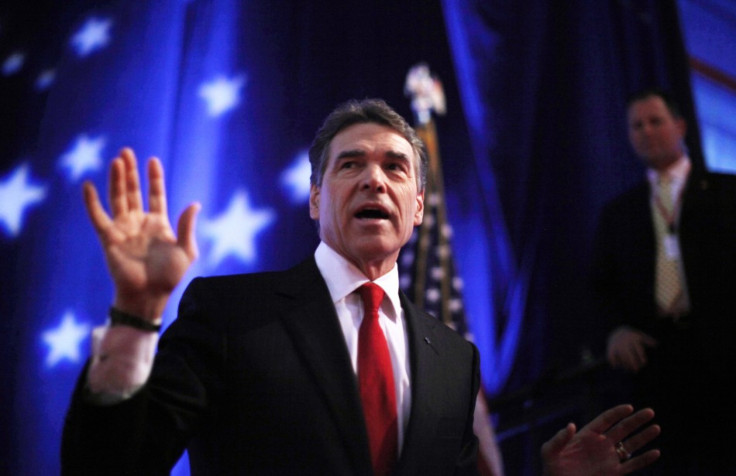On Day Honoring Martin Luther King, Voting Rights Act is Criticized, Defended

As the nation paused to commemorate the Rev. Martin Luther King, Jr. on Monday, one of the landmark achievements of the civil rights movement drew praise and criticism from public officials.
The U.S. Voting Rights Act of 1965 found an ardent champion in King, who pressured Congress to pass the bill by pointing to widespread efforts to disenfranchise African Americans. The bill prohibited practices like poll taxes and literacy tests and empowered the federal government to protect equal access to the voting booth.
Almost half a century after President Lyndon Johnson signed the Voting Rights Act with King present, a debate has emerged over whether the powers the legislation confers on the federal government are still necessary. Section 5 of the Voting Rights Act requires the federal government to review proposed voting changes in parts or all of 16 states that, at the time of the bill's passage, had established histories of discrimination. Congress last reauthorized the act in 2006.
The U.S. Justice Department has invoked Section 5 to challenge new laws in Texas and South Carolina that require voters to present government issued identification. Multiple states passed stringent new voting laws last year, arguing that they are necessary to prevent fraud. But critics point out that evidence of such fraud is virtually nonexistent and charge that the laws are baldly partisan attempts at erecting barriers to voting that disproportionately affect low-income, minority and elderly voters.
You cannot celebrate Dr. King on Monday, and undermine people's ability to vote on Super Tuesday, the Rev. Raphael G. Warnock said during a Monday sermon at Ebenezer Baptist Church in Atlanta, where King used to preach. Warnock called new voter ID laws unnecessary and unjustifiable.
Holder: Overt and Subtle Discrimination Remain All Too Common
Attorney General Eric Holder has become an outspoken critic of the voting laws, vowing in a December speech that the Justice Department would be vigilant in examining the laws at a time when overt and subtle forms of discrimination remain all too common. He renewed that promise during a Monday speech in Columbia, South Carolina,
Though nearly five decades have passed since Dr. King shared his vision from the mountaintop - despite all the progress we've made, the barriers we've broken down, and the divisions we've healed - as a nation, we have not yet reached the Promised Land, Holder said, calling the need to safeguard voting rights a moral imperative and referencing the new voting laws to suggest that a growing number of citizens are worried about the same disparities, divisions, and problems that Dr. King fought throughout his life to address and overcome.
Texas Gov. Rick Perry took the opposite stance during Monday's Republican presidential debate in Myrtle Beach, South Carolina. Moderator Juan Williams asked Perry if he believed the federal government has no business reviewing the laws, and Perry affirmed that he saw the Section 5 scrutiny as an unwarranted intrusion.
I'm saying the state of Texas is under assault by federal government, Perry said. I'm saying also that South Carolina is at war with this federal government and with this administration.
Perry's state has ample experience in the matter. Texas is one of the states where Section 5 mandates federal preclearance, and lawmakers there have chafed under the requirement.
Texas' electoral landscape is currently in flux because of a redistricting dispute: a San Antonio court has blocked a redistricting plan approved by Perry and the state's Republican-controlled legislature, arguing that the new political map violated the Voting Rights Act by failing to reflect the state's surging Latino population. A three-judge federal court panel will open a hearing on the matter on Tuesday.
In 2009, lawyers for a tiny Texas utility district sought relief from the preclearance provision in a case that was ultimately decided by the Supreme Court. They argued that the Section 5 mandate had become obsolete.
The America that has elected Barack Obama as its first African American president is far different than when Section 5 was first enacted in 1965, attorney Gregory Coleman wrote in a brief to the court.
--
© Copyright IBTimes 2024. All rights reserved.





















